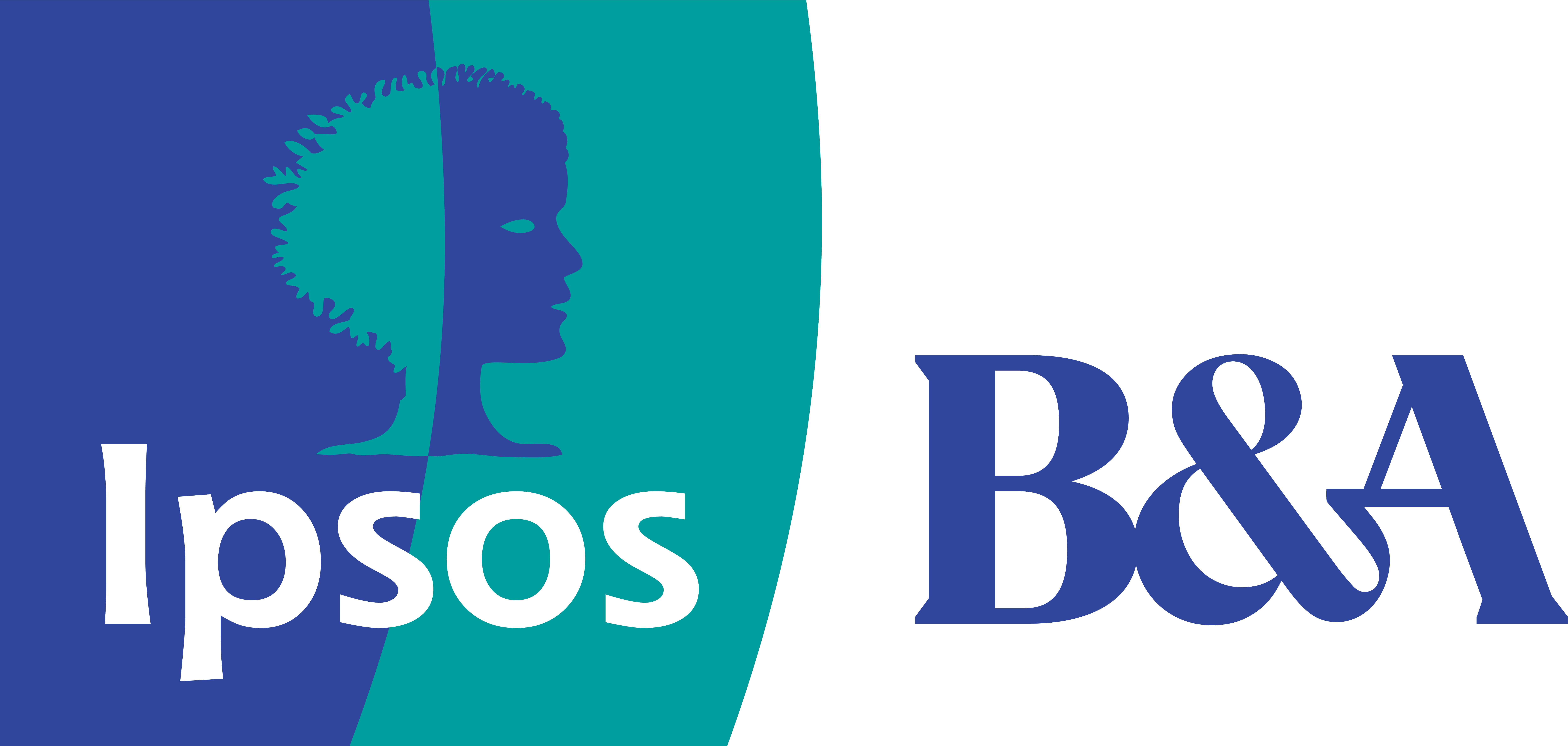JANUARY 27, 2023 (updated JANUARY 29, 2023)
The Department of Finance has published the latest in its series on SME Credit Demand Surveys which covers the period April 2022– September 2022. This survey series is currently being conducted by Behaviour and Attitudes, on behalf of the Department of Finance. It is the most comprehensive survey of SME Credit Demand in Ireland, covering over 1,500 respondents through in-depth discussions. The survey captures a full picture of the SME landscape in Ireland, with micro-enterprises, small-sized enterprises and medium-sized enterprises accurately represented as per the percentage make-up of SMEs in Ireland. The survey is conducted biannually.
Throughout the report, the most recent wave of findings (referred to as September 2022) is compared with corresponding waves. This ensures that historical comparisons are being made on a like-for-like basis, taking any seasonal issues into account.
Key results include:
- the number of SMEs that applied for bank credit was 17%
- a total of 5% of SMEs applied for non-bank finance
- SMEs reported that sufficient internal funds was the reason for not seeking credit for 79% of firms
- of all businesses surveyed, 44% reported increased turnover in the six months up to September 2022, with 24% reporting a decrease. The biggest improvement was seen for the hotel and restaurant sector (78%)
- during the six months up to and including September 2022,65% of SMEs reported profit compared to 57% in 2021. In 2022, 12% reported a loss while 22% broke even
- the average value of a credit application for new finance was €278,915, up notably from €208,469 in September 2021. The average value of applications for renewal/restructuring of existing finance has fallen to €396,419
- 61% of SMEs increased prices, 96% of which have done so to cover increased input costs
- for 34% of SMEs, electricity costs are less than 21% of total energy costs. This is down from 42% on the previous wave. However, for 41% of SMEs, electricity costs are more than 60% of total energy costs. This is up from 32% on the previous wave of the survey
- the average Irish SME had outstanding debt of just over €427,000, up from €400,000 on the previous wave
- more than half (55%) of all SME outstanding debt was to retail banks, with the balance owed to non-bank bodies. This is down just 1% on the previous wave
- overall 40% of SMEs have no debt with construction and business services having the lowest level of debt
On the publication of the SME Credit Demand Survey Minister for Finance Michael McGrath stated:
“I welcome the results of the latest wave of the SME Credit Demand Survey. It enables Government to gain a critical understanding of the Irish SME landscape. This in turn enables Government to develop, refine and implement policy measures to support SMEs that are critical to Ireland’s economic performance and an important source of employment across the country. For example, the survey series has provided an evidence base to help inform Government’s response in supporting SMEs facing rising energy costs and the cost of doing business via the launch of the Temporary Business Energy Support Scheme (TBESS) and the forthcoming launch of the Ukraine Credit Guarantee Scheme (UCGS) and the Growth and Sustainability Loan Scheme (GSLS). I would like to thank the businesses that partook in this survey wave.”


